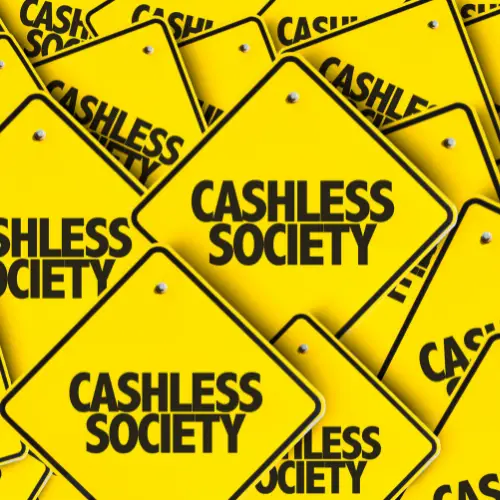Are We Headed Towards a Cashless World?
Since PayPal launched in 1999, we have seen a dramatic transformation of the payment landscape. Digital payment technology has continued to advance with Bitcoin, mobile wallets, and pay-by-app options. Digital payments are being adopted everywhere, from your local grocery store to the corner coffee shop. As of 2019, global digital payment volume reached a staggering … Read more


